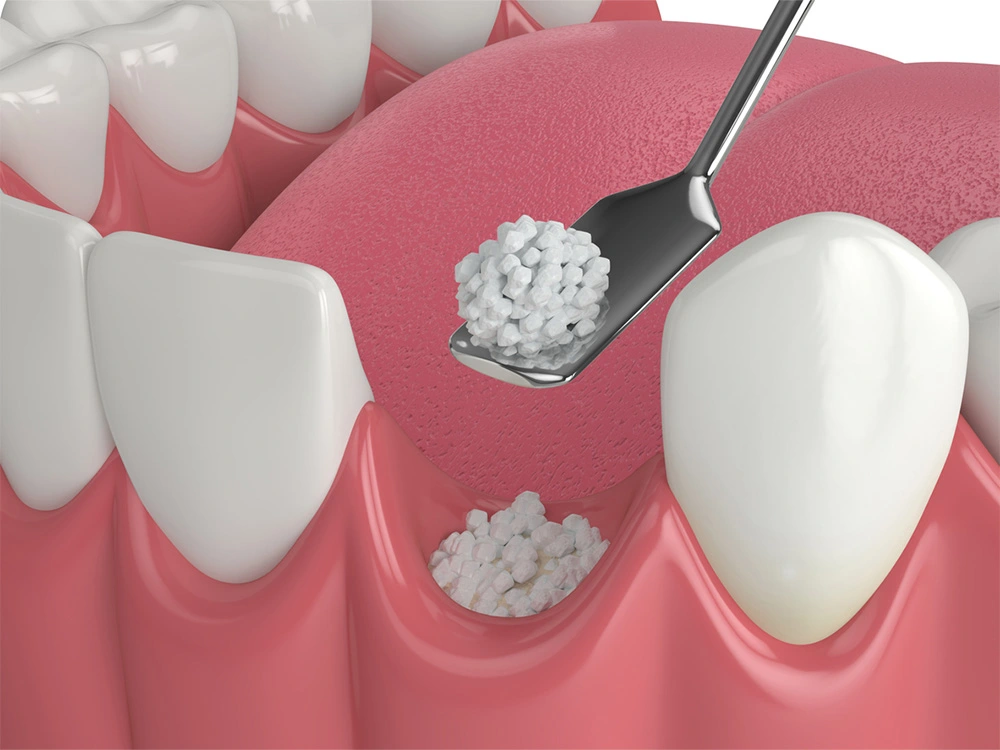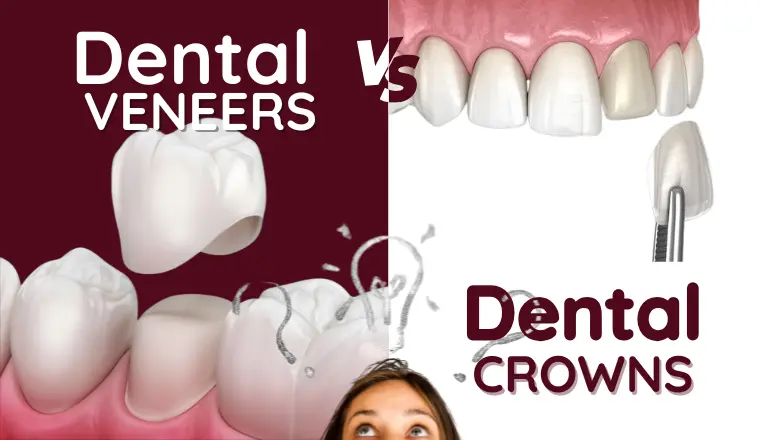
Teeth Grinding (bruxism): long -time period reasons, dangers and solutions
📌 All treatments and services will be carried out in health institutions accredited by the Turkish Ministry of Health and possessing a certificate of authorization in health tourism.
What is Bruxism? Understand the situation
Bruxism, normally known as teeth crushing or jaw tightness, is a condition that affects millions of people around the arena - normally without even knowing. It includes the involuntary grinding, tightening or grinding of the tooth, which can also arise throughout the day (agreed bruxism) or at some stage in sleep (sleep bruxism). Over time, this stress repeated in the teeth and jaw can reason giant dental damage, facial ache or even cause greater complicated oral health troubles.

Common signs and symptoms and signs and symptoms of bruxism
Bruxism can be diffused, in particular inside the early tiers. However, certain symptoms may additionally indicate the presence of this situation, together with:
- Spending, flat or chipped enamel
- Increased dental sensitivity
- Jaw pain, tightening or ache
- Headaches, mainly in temples
- Ear pains or a sensation of strain without contamination
- By clicking or popping sounds inside the jaw (TMJ disorder)
- Interrupted sleep or waking up feeling worn-out
If you recognize any of these signs and symptoms in yourself or a loved one, it's far critical to are seeking for expert assessment to keep away from headaches.
What Causes Bruxism? Key Triggers and Risk Factors
While the precise purpose of bruxism stays doubtful, numerous contributing factors were identified:
1. Stress and Anxiety
Emotional strain is one of the main reasons of bruxism. High levels of anxiety, anxiety, or frustration can take place physical as tooth grinding, mainly for the duration of sleep.
2. Sleep Disorders
Bruxism is more commonplace among people with sleep issues including obstructive sleep apnea (OSA), snoring, or sleep paralysis.
3. Malocclusion (Poor Bite Alignment)
An choppy bite or misalignment of the jaw can result in involuntary grinding because the mouth subconsciously tries to correct the discrepancy.
4. Lifestyle and Habits
Consuming caffeine, alcohol, or smoking may additionally exacerbate bruxism, specially in people already predisposed to the circumstance.
5. Medications and Neurological Conditions
Certain medications—in particular some antidepressants—and neurological conditions like Parkinson's sickness can increase the likelihood of bruxism.
Potential Complications of Untreated Bruxism
- Failing to address bruxism in its early stages can result in more than a few long-term complications, consisting of:
- Severe dental erosion and damage to crowns or fillings
- Temporomandibular joint ailment (TMD) inflicting persistent jaw pain and dysfunction
- Receding gums and accelerated risk of periodontal disorder
- Sleep disturbances and poor sleep excellent
- Facial muscle fatigue and tension complications

How Is Bruxism Diagnosed?
A complete evaluation through a dental or clinical expert is important for accurate prognosis. This often includes:
· A bodily exam of the enamel and jaw
· Review of patient signs and symptoms and scientific history
· In some instances, a nap take a look at (polysomnography) to pick out underlying sleep problems
· Dental X-rays or three-D imaging to evaluate enamel and jaw structure
Treatment Options for Bruxism
Treating bruxism calls for a customized method, thinking of the severity, reason, and any associated health conditions. Modern dentistry and integrative care models offer a extensive range of effective answers:
- Custom Night Guards (Occlusal Splints) These are specifically designed oral home equipment worn at some stage in sleep. They guard the tooth from damage and reduce pressure at the jaw.
- Stress Management and Behavioral Therapy Cognitive-behavioral therapy (CBT), mindfulness strategies, and relaxation exercises can considerably help patients who grind their tooth because of stress or tension.
- Physical Therapy and Jaw Exercises Targeted muscle training can alleviate anxiety inside the facial and jaw muscles, lowering bruxism signs and symptoms over the years.
- Botox Injections for Bruxism Botulinum toxin injections within the jaw muscle tissue can efficaciously lessen involuntary clenching and grinding through enjoyable the overactive muscle mass accountable.
- Orthodontic Interventions In instances resulting from chew misalignment, orthodontic treatment along with braces or aligners can be advocated to accurate occlusion.
- Treating Underlying Sleep Disorders If bruxism is connected to sleep apnea or different disturbances, collaborative remedy with sleep specialists can be necessary.
Advanced Care in Licensed Medical Institutions
All treatments for bruxism are furnished thru licensed scientific institutions certified in health tourism and specialized dental care. These centers ensure the best worldwide requirements in prognosis, remedy planning, and observe-up care. From custom dental appliances to minimally invasive methods, sufferers benefit from present day generation and the information of multidisciplinary teams in a medically regulated environment.
Additional Wellness & Aesthetic Services Offered
In addition to bruxism management, patients can get entry to more than a few complementary and aesthetic remedies that help oral fitness and typical properly-being:
- Digital Smile Design (DSD)
- Hollywood Smile & Veneers
- Gum Contouring and Aesthetic Treatments
- Preventive Dental Programs
- Facial Aesthetics and Jawline Definition
Each provider is custom designed to the patient’s needs, combining characteristic and aesthetics for lengthy-lasting effects.
Why Patients Choose Us?
Patients from around the world choose to undergo bruxism treatment through our partnered, licensed institutions because of:
- High-quality standards upheld by internationally accredited clinics
- Multilingual medical teams with specialized expertise
- Transparent treatment planning with comprehensive consultation
- Privacy and comfort in luxurious medical environments
- Accessibility through organized health tourism support services
📌 All treatments and services will be carried out in health institutions accredited by the Turkish Ministry of Health and possessing a certificate of authorization in health tourism.
Frequently Asked Questions (FAQ)
- Is teeth grinding always harmful?
Not always, but chronic or severe cases can lead to permanent dental and jaw damage. Early detection is key.
- Can children suffer from bruxism?
Yes, children can grind their teeth, especially during developmental stages. Most outgrow it, but regular monitoring is advised.
- How long does treatment take?
Treatment duration varies based on the underlying cause and chosen method. Some see relief within weeks, while others may require ongoing care.
Final Thoughts
Teeth grinding is more than just a bad habit—it’s a medical condition that deserves attention and care. Left untreated, bruxism can impact your health, appearance, and quality of life. But with modern treatment options and professional care in licensed medical institutions, lasting relief is entirely possible.













.png)






.png)
.png)


.png)



